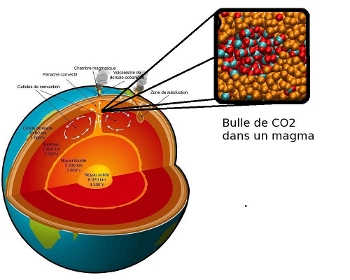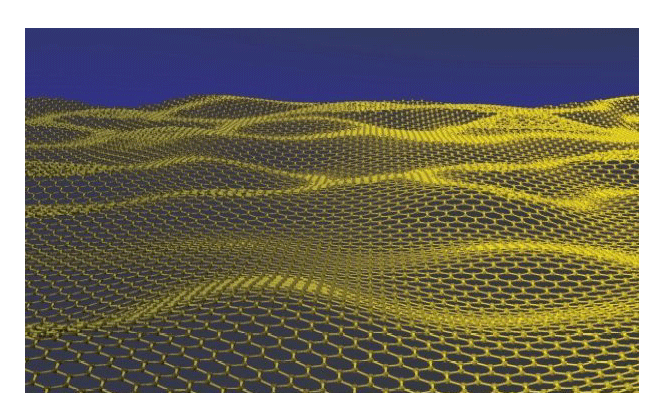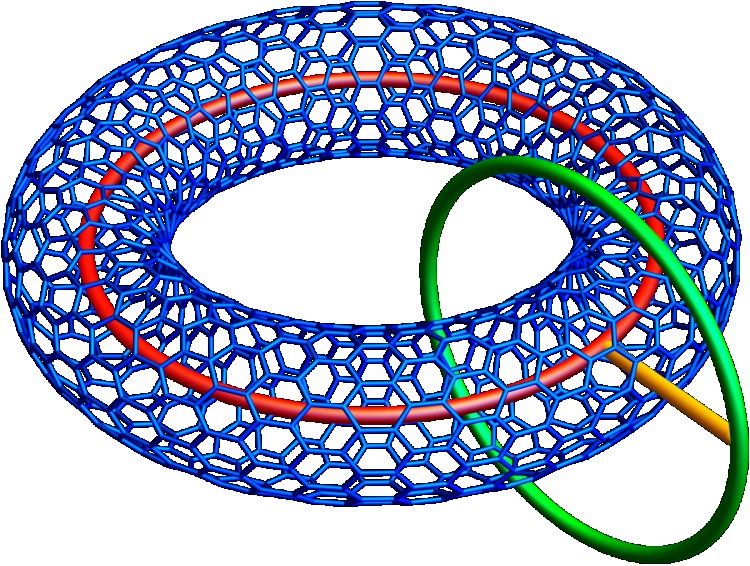Upcoming seminars
Calendar
ENJEUX ENVIRONNEMENTAUX
The LPTMC recently voted on a series of measures to reduce its greenhouse gas emissions for missions:
- no plane in mainland France,
- no plane if the train journey is possible in less than 6 hours,
- establishment of an annual individual quota of 6t CO2 eq for permanent members.
PRESENTATION DU LABORATOIRE
The Laboratoire de Physique Théorique de la Matière Condensée (LPTMC) is a Joint Research Unit of Sorbonne University and the CNRS (UMR 7600). Founded in 1970 by Savo Bratos and initially titled "laboratory for theoretical liquid physics" (LPTL), its fields of activity gradually extended to complex liquids and then to various applications of statistical physics of classical and quantum systems. It took its current name in 2004 and is currently led by Nicolas Sator.
The activities of the LPTMC cover very broad areas of theoretical low energy physics and are structured around three poles:
- Physics at interfaces: from materials science to biology, including analytical chemistry and geology, this center aims to establish links between composition, small-scale heterogeneous structure, the simple or collective dynamics of underlying processes. surroundings and the macroscopic properties of the environment (rocks, aqueous mixtures, DNA, etc.).
- Disordered systems and out-of-equilibrium phenomena: phenomena induced by the strong fluctuations present in an interacting N-body system, whether these fluctuations are of thermal or quantum origin, or associated with the disorder inherent in any real system (membranes, matter active, glasses, etc.).
- Quantum states of matter: highly correlated quantum systems (superconductors, cold atom gases, topological materials, etc.), studied both from a conceptual point of view (ground state and low energy excitations, quantum phase transitions ) and applied.
-
News
- Nicolas Dupuis' book Field Theory of Condensed Matter and Ultracold Gases is featured in the new Condensed Matter Physics and Statistical Physics flyer published by World Scientific
-
Finding a loop in a bunch of chromosomes
Michaël Liefsoens, Maria Barbi and Tim Földes have developed an approach based on spectral analysis to detect the presence of loops, often involved in gene expression, in the 3D structures of chromosomes.Published in Nature Communications, this approach facilitates the...
-
Death of Savo Bratos, founder of the Laboratoire de Physique Théorique des Liquides, now the LPTMC
After completing his first PhD in Ljubljana, Slovenia (under the supervision of Professor D. Hadzi), Savo Bratos completed a second PhD on the infrared spectra of compressed gases (under the supervision of Professor R. Daudel) in Paris in the early 1960s. Initially...
-
02/2024 Welcome to Hadrien Kurkjian, newcomer to LPTMC
Hadrien has joined our lab as a CNRS researcher. Before he held a position at LPT Toulouse. He studies quantum...
-
LPTMC on Twitter
https://twitter.com/lptmc_sorbonne?lang=fr







